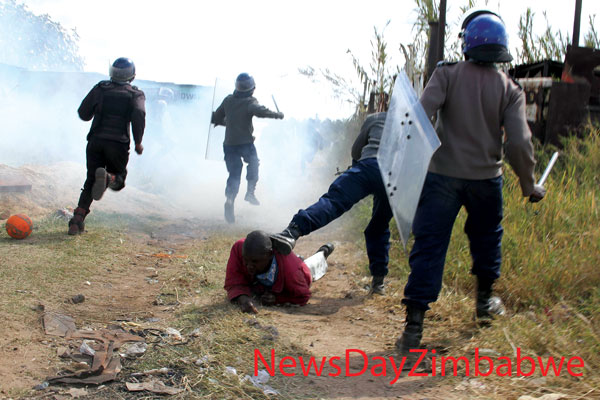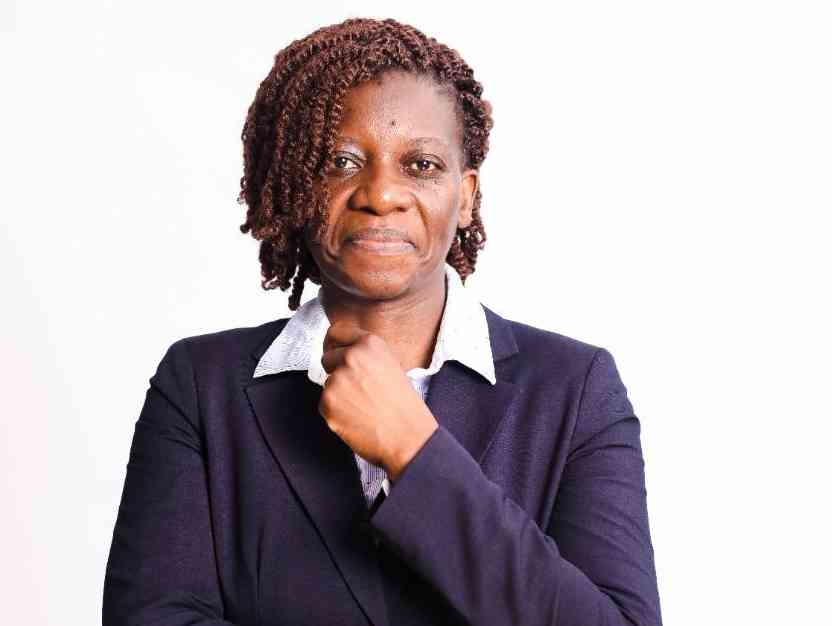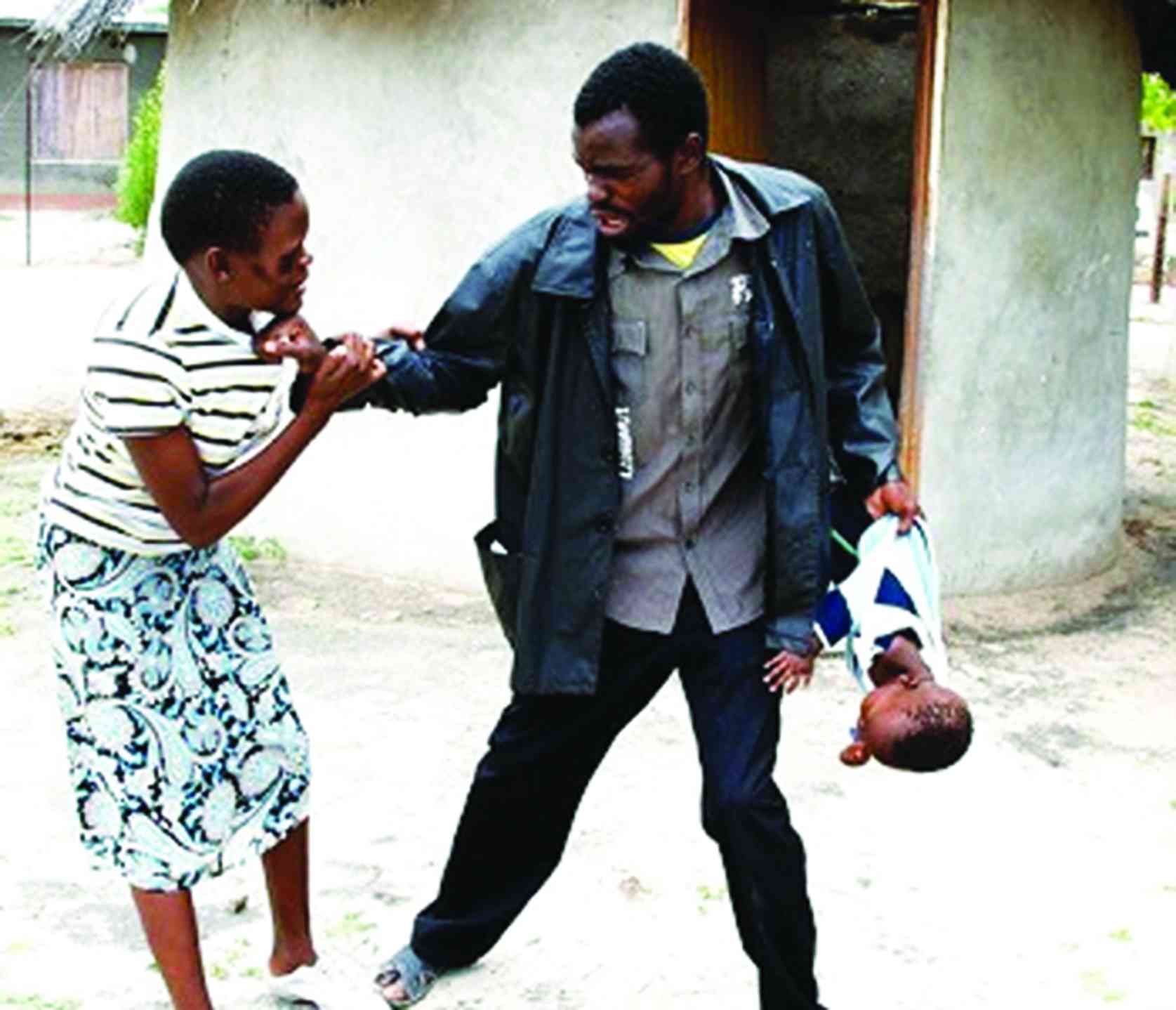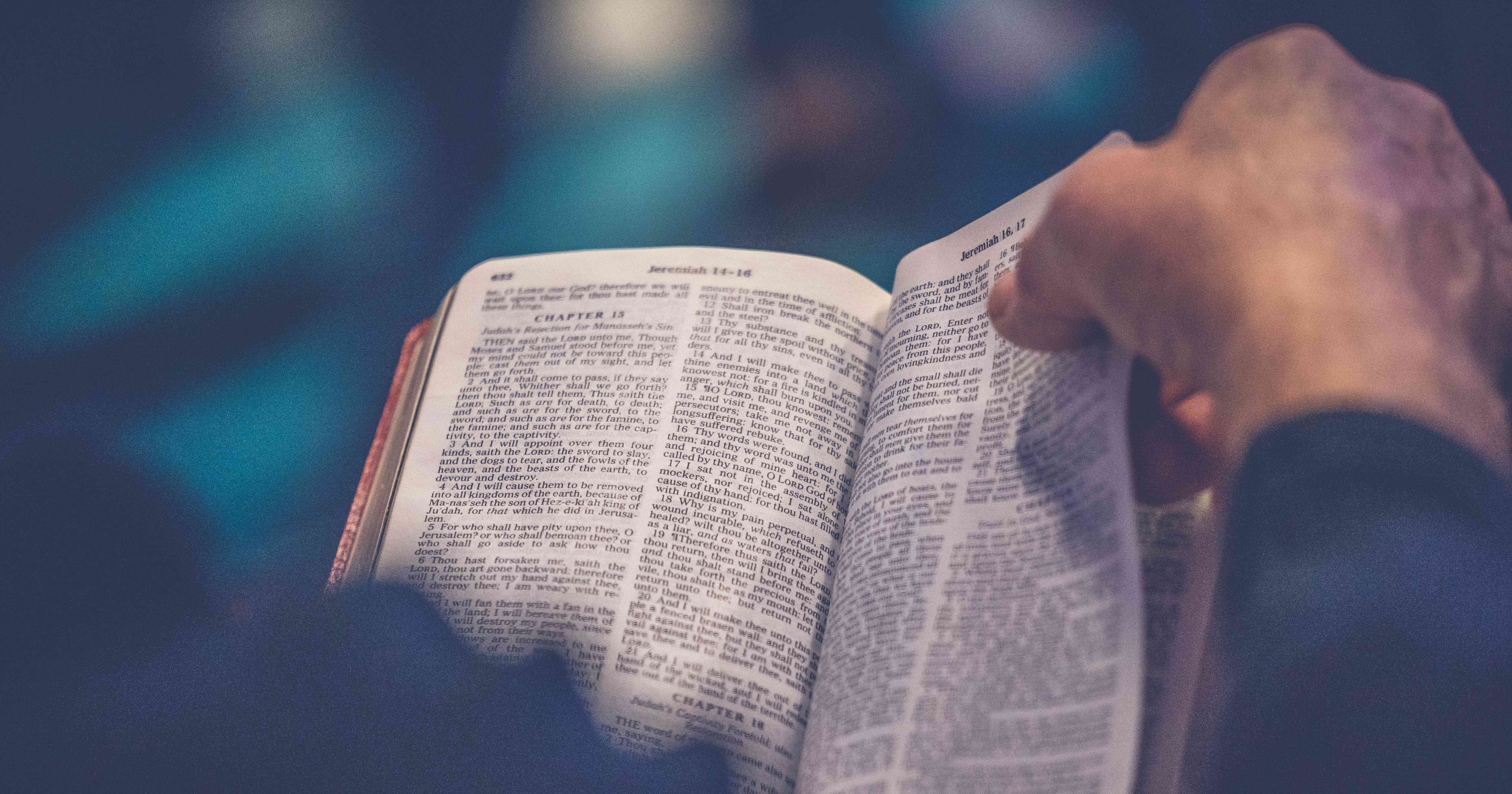
A FEW years ago, a paper was done on the use of excessive force by African police forces, but more importantly, the link between such police forces and repression of rights enshrined in domestic constitutions. While the researchers didn’t go as far as stating it, what they were alluding to were hallmarks of police states that remain a huge feature of African “democracies”. I, of course, use this term quite loosely because many of these countries cannot, in the strictest sense, be seen as democracies. In fact in my opinion, it is an abomination for anyone to describe such countries as constitutional democracies.
Guest Column with Paul Kaseke

A police State, by definition, is a State where there is a recurring if not permanent use of force and repression by the police and other security forces to limit the freedoms and rights of civilians. Typically, this is a country where the security sectors (firstly the police and then the army) usurp the powers of the legislature and judiciary by tampering with constitutional rights and freedoms, while protecting the interests of the Executive. This tampering with rights involves limiting protected rights and is almost always coupled with the suspension of the authority of other branches of government by disregarding their powers or jurisdiction. It is the people of a country, who will tell you that there is a police State in practice because government propagandists downplay it as an exercise in “restoring law and order”. Interestingly, the growing tendencies in African police States is to justify curtailing of rights and freedoms by using fictitious enemies and laying claim to a broad defence of national security when quite often it is the State that is a threat to the security of its people. This “national security” fallback cushion is the same line of thinking and justification provided by Germany’s Adolf Hitler, Italy’s Benito Mussolini, the Apartheid State leaders and other dangerous tyrants that roamed the earth.
History is replete with examples of these type of States. Some of the more notable police States include the then Soviet Union, North Korea and, of course, apartheid South Africa. I should highlight that some countries became police States during wartime periods under a declared state of emergency. The state of emergency (SOE) period, when validly declared, results in temporary suspension of some civil liberties and rights, perhaps justifiably so in the event of a legitimate emergency period. This is the case even in democracies today, but one has to be careful of countries that extend a state of emergency declaration consistently and for long periods of time when there is no state of emergency. Africa generally has a history of offsetting fictitious SOE periods to limit rights and attack political opponents and crush internal dissent. That is the case of Zimbabwe, which from its “birth” in 1980, renewed the SOE period 20 times since the inherited Rhodesian legislation allowed for an SOE declaration to exist for six months at a time. Zimbabwe was thus in an invalid if not fictitious SOE for the first 10 years of its “independent” life, but the price of the renewal is what this piece will explore.
That extended period of SOE declarations created a foundation we have failed to shake off. Technically, Rhodesia itself was a police State and the Zimbabwean government simply picked up where the former oppressors left off. The foundation was fatally flawed because it meant that security forces created and established during that period were in fact built on a suspension of civil liberties. The Zimbabwe Republic Police (ZRP), as a post-independence police force, was established in an SOE environment and recruits were trained along the same lines.
I have no doubt that even though the SOE period ended in 1990, the training was never revised to include respect for the Constitution and the liberties enshrined in it. As a result, we have a police force that is not only partisan, but trained to disregard rights and liberties in the Constitution. Consequently, Zimbabwe has grown to become one of Africa’s most established police States — not that there is anything to be proud of with that accolade. How is Zimbabwe a police State?
As stated earlier, one of the defining traits of a police State is an unchecked, unaccountable rogue security sector. The ZRP responds only to the Executive branch of the country and has a rich history in defying court orders.
In the eyes of the ZRP, they are the law and they determine what the law is. While there are numerous instances of this, I will choose a few public ones to drive the point home. The most notorious example of this is when a court order handed down by Justice Kudya in 2007, was torn by Assistant Commissioner Musarashana Mabunda. The incident related to a burial order for the late Gift Tandare, an MDC-T activist and member, who, as some of you may recall, was shot dead by the same police force while at a prayer meeting. The government had refused to have him buried at Granville Cemetery, which gave rise to the matter being taken to court.
- Chamisa under fire over US$120K donation
- Mavhunga puts DeMbare into Chibuku quarterfinals
- Pension funds bet on Cabora Bassa oilfields
- Councils defy govt fire tender directive
Keep Reading
One cannot forget to cite how MDC-T president, Morgan Tsvangirai was denied access to legal counsel during his incarceration resulting in his lawyers getting a court order to force this basic right on the police detaining him.
That order was not immediately given effect to — a hallmark of a contemptuous police force that holds no respect for the judiciary. On that same note, Alec Muchadehama and Andrew Makoni, who both served as legal representatives for Tsvangirai, were arrested on baseless charges in 2007. A court order compelling police to release the two was granted on May 5, 2007 and was only effected two days later. Again, this is another instance of wanton disregard for the authority of the judiciary.
In 2008, 23 activists, including human rights defender, Jestina Mukoko, were unlawfully detained by police. A court order ordering their immediate release was ignored by the ZRP, which professed ignorance on the whereabouts of the activists and yet magically managed to produce them in court.
In 2013, celebrated human rights lawyer, Beatrice Mtetwa was unlawfully detained and an order to release her was ignored by the police. More recently, the ZRP has “overruled” the High Court openly by dispersing lawfully sanctioned protests with their most notable contemptuous act being the bond notes protest.
The Human Rights Committee of the International Bar Association (IBA), the largest global body of law societies and lawyers, came to Zimbabwe in 2007 to compile a report on policing in the country. The findings of that report are captured in the Report on Policing in Zimbabwe. The report concluded in no uncertain terms that the police undermined the judiciary as a general rule rather than the exception.
One need not dwell on the use of force aspect because that is a given element in Zimbabwe and the Executive has never shown any remorse for this nor has it ever denied its existence.
Perhaps the most obvious sign of a police State is best seen in the actions of the serving security chiefs, who, unlike their regional and global counterparts, openly interfere in civilian matters in terms that indicate that they believe they have a role to play in the governance of the country. Rather arrogantly, the service chiefs are on record threatening opponents of the government and pledging allegiance to the Executive, contrary to their oaths of office. The vocal and active nature of the security chiefs in civilian governance should be a cause for concern in any country that professes to be a constitutional democracy, as it points to a police State.
One might be tempted to conclude Zimbabwe is in an unofficial SOE period and has been for so many years. Apart from the above, this is so because we tend to hear and see more from the ZRP’s Charity Charamba and the security chiefs addressing the media than we do our own President. That in itself indicates what type of State we have.
In a constitutional democracy, armies stay in barracks and security chiefs do not have their own press conferences on a weekly basis, as if they run the country. In a constitutional democracy, security chiefs are spoken for by the Minister of Defence or his boss, the Commander-in-Chief. One might even say, civilians should probably never be too familiar with names of security chiefs because they are not in the public eye.
In a constitutional democracy, security forces stay clear of civilian politics and governance and do not echo the sentiments of the ruling party nor do they disclose their political views. In a constitutional democracy, security forces defend the country and its people and not the Executive’s interests. In a constitutional democracy, the Constitution is upheld by the security forces, court orders are given effect to and the judiciary is respected.
A new and better Zimbabwe will only be achieved once the security forces are restructured, depoliticised, retrained and taught to respect the Constitution and the various rights and liberties of citizens. Until then, Zimbabwe can only be described as a police State and not a constitutional democracy. Paul Kaseke is a legal adviser, commentator, analyst and sessional law lecturer with the Wits Law School. He writes in his personal capacity. You can give him feedback via email: [email protected] or follow him on twitter @paulkasekesnr











